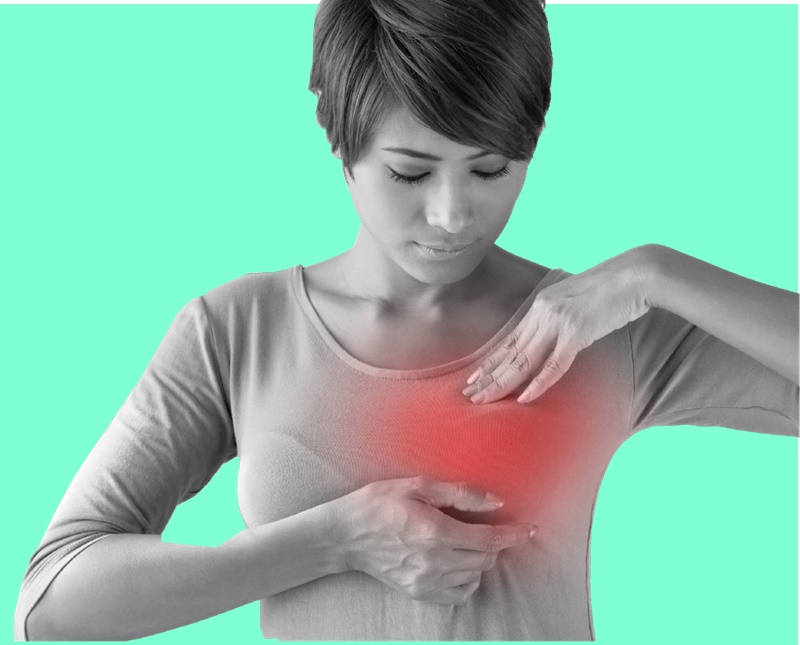
Pain is a common cancer treatment symptom. But pain is just one aspect of your overall experience and it’s up to you to manage it. Learn how to live with cancer pain, and how your care team can help. Feel better; take control of your Cancer Pain Treatments.
When you’re in pain, it can affect everything from your sleep and appetite to the simplest tasks in your daily routine. Pain can also affect your emotions. In this video, experts discuss the importance of managing your pain to better enjoy life’s activities.
When cancer is in your body, you can experience many different types of pain. Your doctors will want to know about it. It can be a symbol that you have an infection, and cancer has spread, or there’s a problematic issue with your cancer treatment. You’re the only one who knows how cancer pain feels in your body. You’ll want to understand it, know how to communicate about it, and get the relief you need to live life fully.
Cancer and cancer treatment can cause pain. You are the only one who knows how cancer pain feels in your body. You want to understand it, know how to communicate about it, and get relief. The Cancer Pain Treatments course is an e-learning program developed specifically for people with cancer who experience pain. It’s designed to help you make the most of the treatments that work best for you, so you can live life fully.
Causes of Cancer Pain
- Cancer pain can be caused by the cancer itself, or it may be pain resulting from a treatment. It’s important to know where your pain originates, so that we can treat it successfully.
- If you have cancer, you may feel pain in addition to the side effects of treatment. As tumors grow, they can put stress on bones, nerves, and organs around them.
- Many cancer-related tests and treatments can cause aches and discomfort, as well as other symptoms that might cause pain even though they aren’t related to cancer. It’s important to know how to treat these symptoms so they don’t interfere with your treatment or quality of life. There are many ways to ease aches and Cancer Pain Treatments.
Types of Cancer Pain
Pain after cancer treatment can be different for everyone. It can be radiating, throbbing, shooting or constant. Some people feel sharp pains, while others feel dull aches. But some people who are dealing with cancer they don’t feel any pain at all. One thing that does not change is hope. Hope helps you get through the tough times and how it is with cancer pain; it may always be there, but it can come and go at times depending on your circumstances and your personality.”
- Acute pain: The first pain is usually the worst – and it’s intense. The initial pain can be intense, but it shouldn’t last longer than a few hours. It may feel like a sharp pain in your abdomen or back.
- Chronic pain: Pain can be an effect of your cancer treatment. It may be a low throb in your tummy, a sharp jab in your shoulder or it could affect you in many other ways. Pain can interfere with your daily activities, sleep patterns and social life.
- Breakthrough pain: Breakthrough pain is a short and sudden flare of pain that can emerge in the middle of treatment for chronic, or long-term, pain. It’s one of the most common reasons people stop their medication because it can be uncomfortable and disruptive.
What the Cancer patient
If you’re experiencing pain during Cancer Pain Treatment, it is okay to ask for help. If the pain does not seem to go away or comes back before your next dose of pain medicine is due, that might mean that your medicine plan needs to be changed. If this happens, talk with your doctor or nurse about what else could be done to help ease the pain.
– Many people with cancer find themselves having trouble sleeping.
– Cancer can affect your ability to do the things you used to love.
– A new area of pain or a change in your pain may be a sign that the cancer has spread.
Tell Your Doctor
Let your doctor know if you are having trouble with anything, including treatment side effects. Keep track of how you feel, and let your doctor know whether any Cancer Pain Treatments or medicines are helping or not.
How Your Doctor Can Help
If you or a loved one has been diagnosed with cancer, it’s the start of the next chapter. Surgery, chemotherapy and radiation are all options to explore. If those aren’t possible — or you’re waiting to have a procedure — prescription medication can use for Cancer Pain Treatments.

